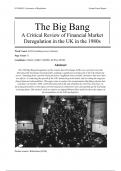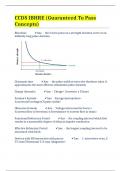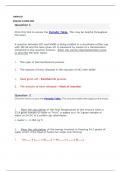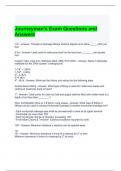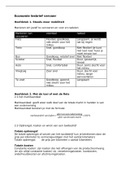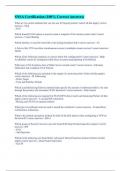Essay
Essay - Economics of Regulation (ECON0051)
- Institution
- University College London (UCL)
This group project scored 70% in the ECON0051 - Economics of Regulation module. The essay centred around: The Big Bang - A Critical Review of Financial Market Deregulation in the UK in the 1980s. Includes full reference list and diagrams. Please note, this is a past essay example provided...
[Show more]
